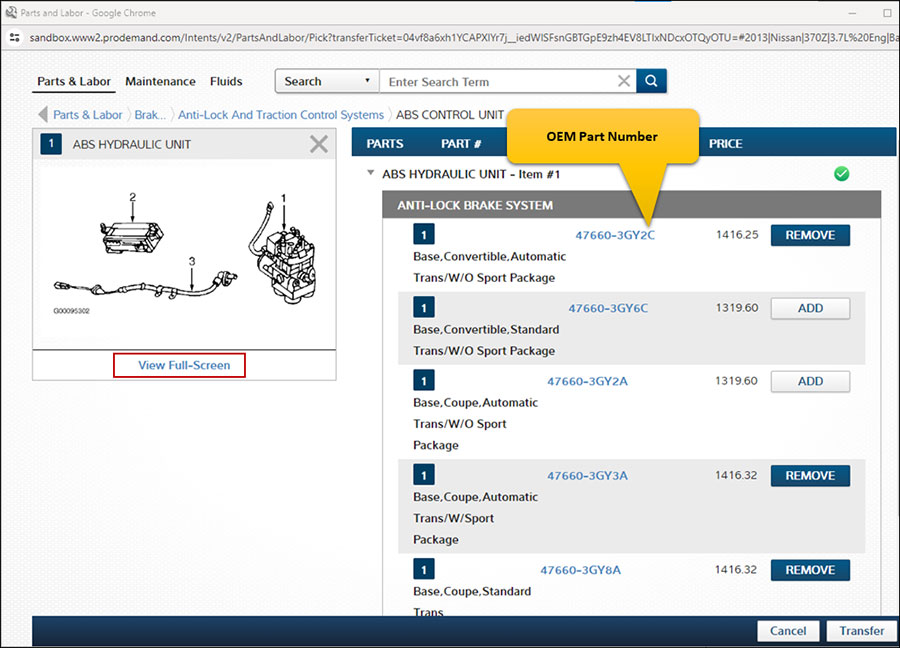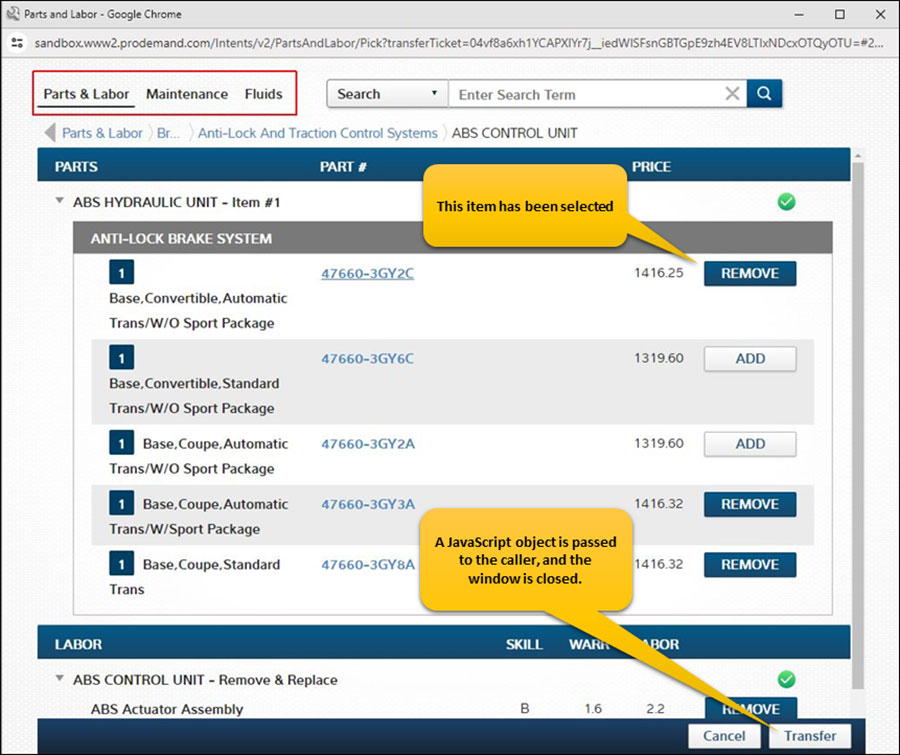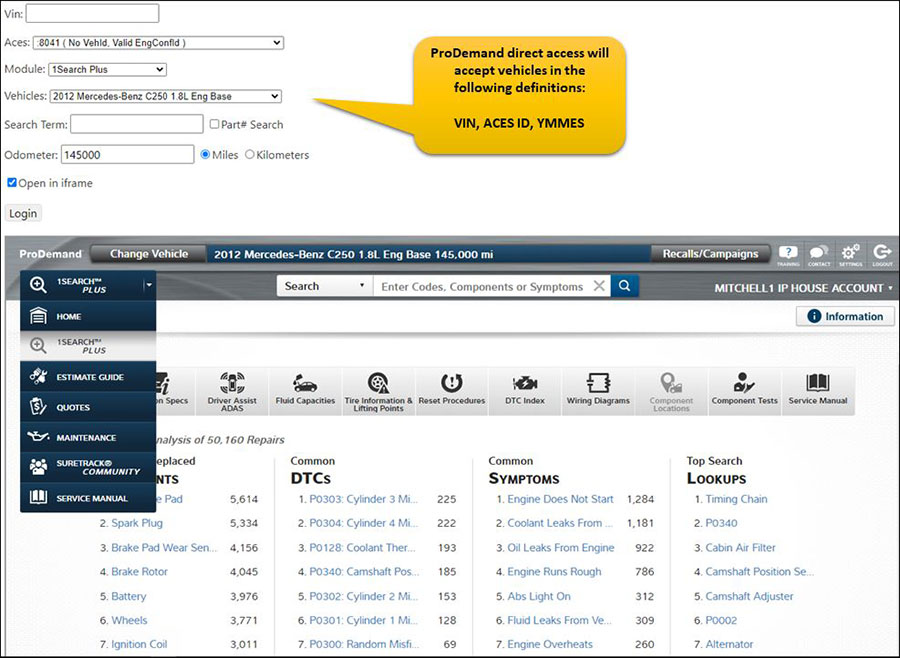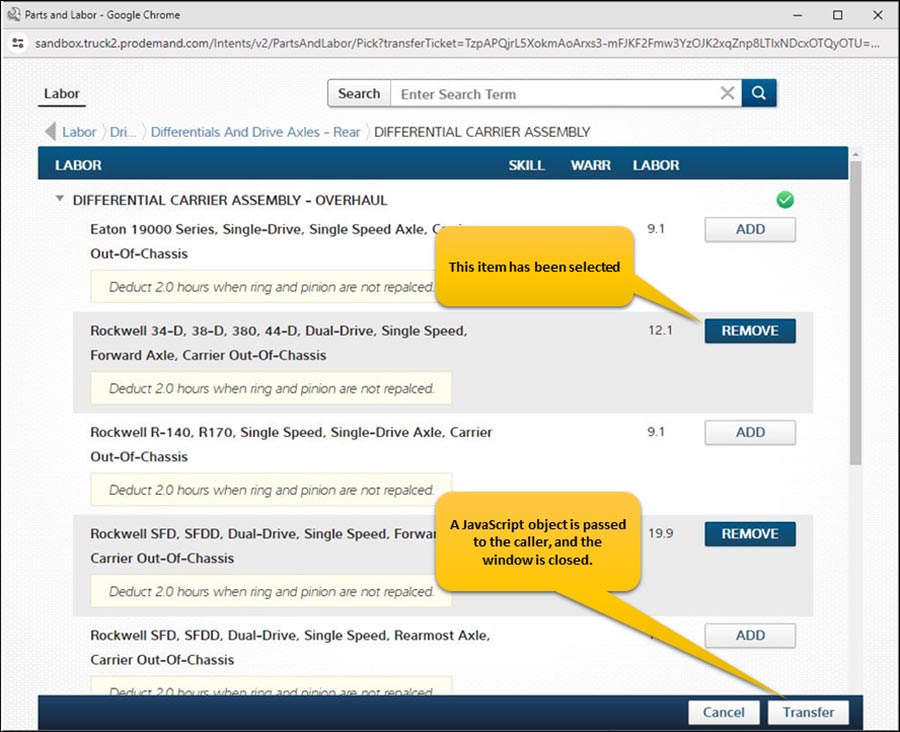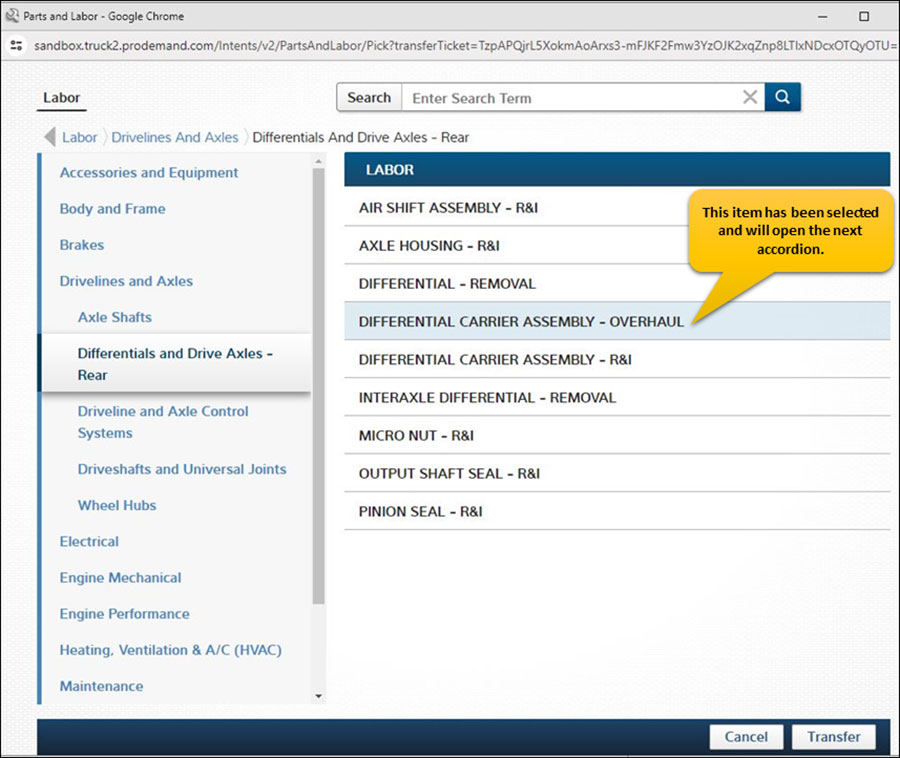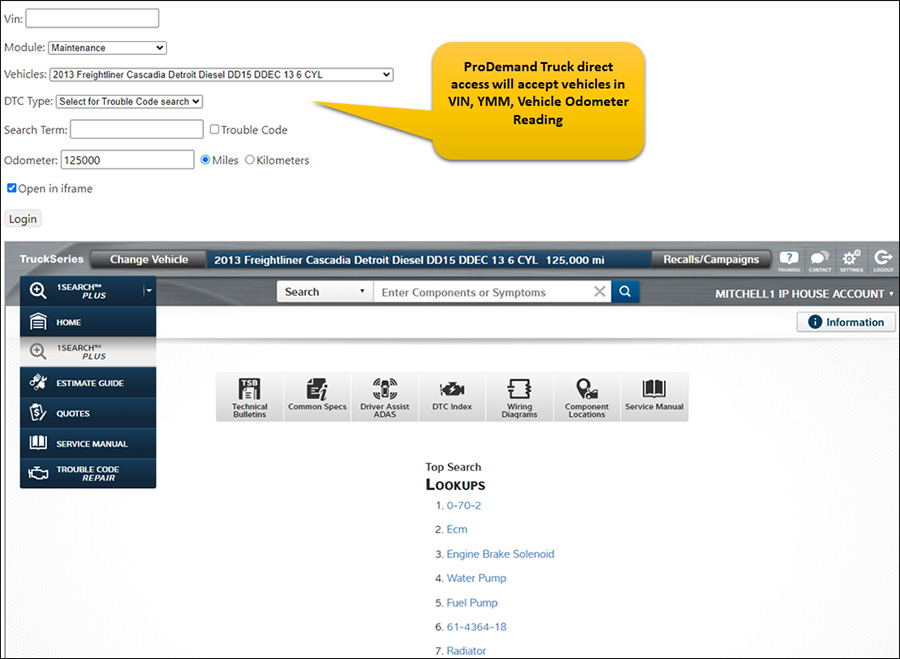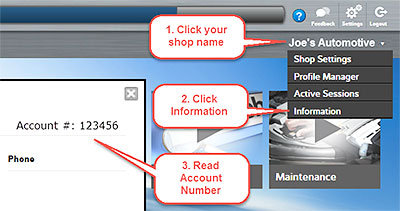
Today’s trucks are significantly more complex than the old truck that my classmate and I (eventually) changed the oil in.
Some 40 years ago, a much younger and less experienced version of me–along with another young classmate–was given an assignment in our community college diesel class to change the oil in a long out-of-service 1967 Mack cabover. Excited to finally get to work on a truck, we gathered the tools known in our automotive experience to change oil, in let’s say, a Chevy Chevelle.
Placing our trusty five-quart drain pan under the seemingly massive drain plug on the old Maxidyne engine, we noted that the wrench was too small for the drain plug. So, we hustled back into the shop and grabbed a fairly large adjustable wrench that was sure to handle the job.
The wrench, as expected, did the job and cracked loose the large plug. However, hot oil from the still-warm engine began to run out around the plug, making it difficult to keep loosening. Nevertheless, we persevered and the plug came loose from the engine. The events that followed resembled the oil strike at the Spindletop oil field in reverse as gallons – not quarts – of oil burst forth from the pan. Lesson learned; a little preparation goes a long way.
After some time in the shop, a tech becomes familiar with the tools and equipment needed for most jobs. This is especially true with similar tasks repeated multiple times each day. On the other hand, tasks you have not previously performed will benefit from some advanced planning. Reviewing the service information can be helpful in identifying particulars about a service procedure. For example:
- How the system works
- System specifications
- Fluid requirements
- Test equipment and procedures to test, specific to the system
- Tools required
- Lifting equipment and procedures
- Safety warnings and cautions
These are only a few of the items a technician may find helpful before taking on a new service task. Of course, reviewing the above items could be beneficial to even the technician who has performed the procedure numerous times.
It is easy to develop bad habits in an effort to create shortcuts. So easy in truth that the tech may not even realize a potentially dangerous or damaging situation is close to occurring. Then again, it may be that the current service procedure actually takes more time and effort than it would if the service information was followed.
Most will recognize the old adage, “There are no stupid questions.” Today’s trucks are significantly more complex than the old Mack that my classmate and I (eventually) changed the oil in.
There is simply no way a technician could know or remember the details in servicing the variety of truck systems in service today. There is a real advantage for the technician who takes the time to explore and take note of the tools, operation, specifications and procedures needed to service a truck before diving into the job.
EDITOR’S NOTE: Check out Jake Schell’s complete line-up of monthly columns in Fleet Equipment Magazine at https://www.fleetequipmentmag.com/author/jake-schell/
